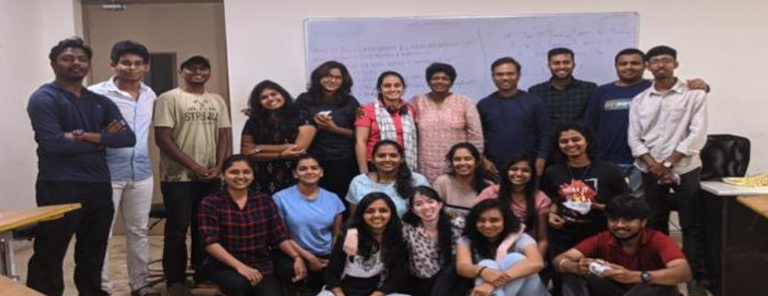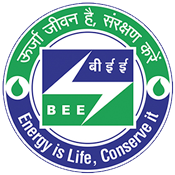
- Posted On: July 17, 2020
Over the past few years the conversation about building energy efficiency has been getting a lot of well-deserved attention. This is all the more true for the design, architecture, and construction sectors. But while this is an important conversation to have, we also need to take a step back to gain a holistic view on who will bring this change to the Indian construction landscape in a tangible manner.
It is such introspections that got us thinking about working more closely with architecture students to specifically educate them in this area.
Of course, the BEEP Camp is one such avenue for us. Another exciting opportunity that came along was the course on Building Energy Performance Simulation (BEPS) that we rolled out for the B. Arch students of Sri Sri University in Cuttack.
Building energy performance simulation tools can predict the performance (tonnage of AC, cooling electricity, daylighting, etc.) of the building before it is actually built. Hence, BEPS helps compare different design alternatives with quantification of performance parameters and choosing the best.
However, BEPS is often not included into the B. Arch curricula in India. In fact, BEPS in architectural education is rare and limited to only a few dedicated master programmes on Sustainable Architecture. This is not an optimal situation because very few students opt to getting a masters degree after completing their B. Arch. What this results in is that most architects who graduate from Indian architecture courses often have limited understanding of BEPS. They often cannot tap into the analysis done by a simulation expert and may not be able to ask relevant questions to improve the building plans in this context.
The fact of the matter is that at the moment very few architects in India prepare their design using BEPS.
With this backdrop in mind, the course was designed as a 6-month module to be conducted with 6th semester B. Arch students. The request for the course came from the SSU students themselves, which was all the more exciting for us. After getting an understanding of their current curriculum, Saswati Chetia and Dr. Sameer Maithel from the BEEP team worked with Dr. Geeta Vaidyanathan from SSU to put this course together as an elective. As the instructor of the course, I was responsible for taking the module to their classroom.
Unfortunately, things didn’t pan out as planned. The Covid pandemic hit just after a few classes. So we had to put our thinking hats back on and decided that the situation required the course to go online so that the students who had signed up would not miss out on the opportunity. After some basic tweaking, we shifted to online classes for the 21 students who chose this course.
Overall, the experience was great, both for us, the organizers and the students. More importantly, a course such as this is surely going to give these architects the edge that they need to be future-ready.
In the next part of this blog, which will be coming up very soon, I will be looking at how we went about designing the course. Stay tuned!
-
- Prashant Bhanware






